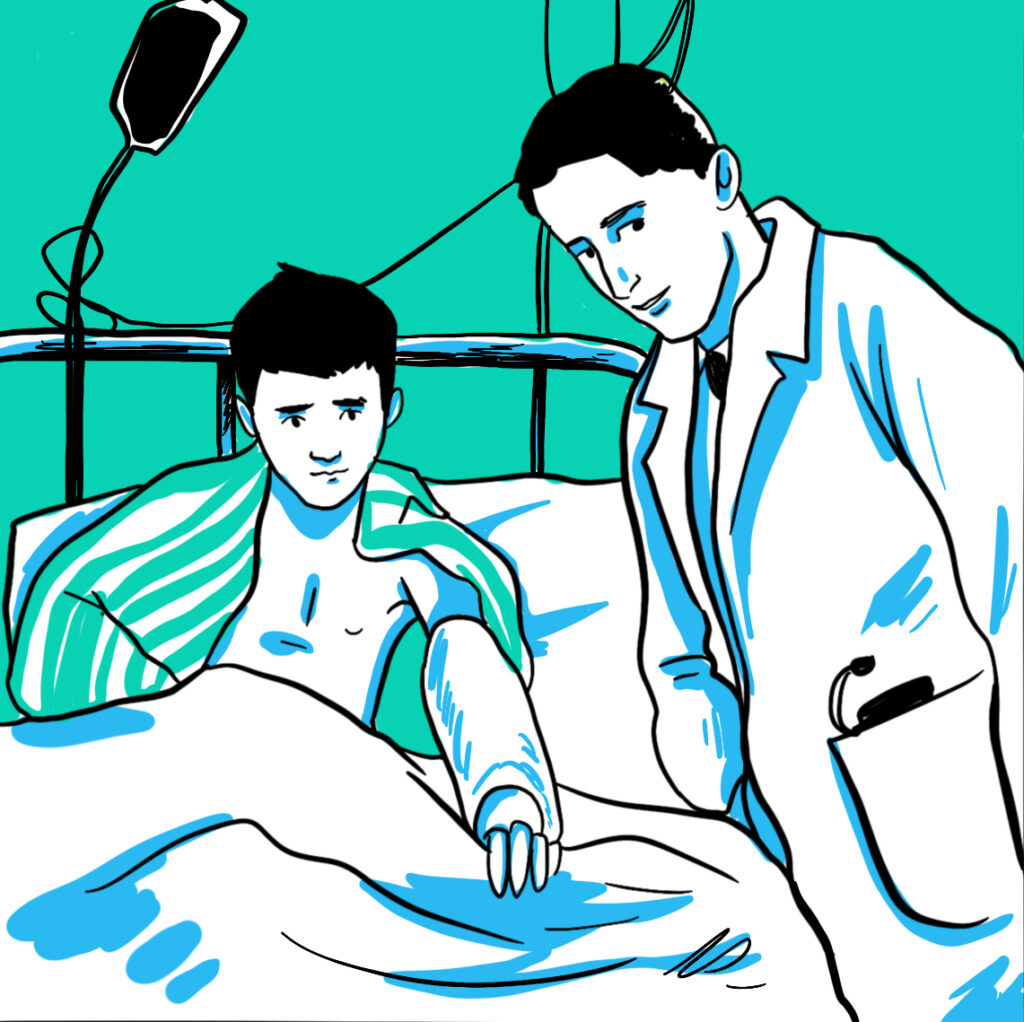Introducing the new chair of the HNA
We sat down with Cathy at WFH2018 and discussed her aspirations for haemophilia nursing and her goals as the new HNA chair. You can watch the whole interview with Cathy on the Haemnet YouTube channel.
Cathy is passionate about the role of the nurse within the MDT, especially as we move in to the future, where she strongly feels nurses can and will play a leading role in haemophilia care.
“The development of nurse-led services could ensure that patient care continues to be individualised in the future”
Last year, Cathy published an editorial in The Journal of Haemophilia Practice exploring how haemophilia care occurs worldwide and recommendations on how this care should be provided. It became clear that the nurse role is crucial. Nurses are usually the first point of contact for patients. However, Cathy highlights that from her experience and others in the community, there is often confusion around, “what do they actually do?”
It is really important that all the things haemophilia nurses do are recognised and that everyone involved understand just how valuable they are to the patient pathway. One way to ensure this happens is to encourage continued nurse leadership development, as well as clearly defining to role of the specialist haemophilia nurse. Cathy hopes to build on these areas during her time as the HNA chair.
At this year’s WFH Congress, there were a number of UK haemophilia nurses presenting their work, which is extremely promising, and continued collaborative education and empowering nurses has contributed to this greatly. This is something Cathy hopes to see improve and increase over the next year.
“I hope that in a year’s time we’ll have a much more collaborative approach to education within the UK and, hopefully, within Europe. I think that the Haemnet ASPIRE and Contemporary Care courses have started that process. It would be nice to build on that and bring other members of the multidisciplinary team into that process to take things forward.”
It is no secret that the future of haemophilia care is going to look very different in the future, as we enter an era of novel therapies and an ageing patient population. There are a number of challenges and unknowns. Nurses will continue to be at the forefront of haemophilia care, and we can expect their role to become increasingly important to ensuring patients receive individualised and optimal care. Cathy will bring enthusiasm and energy to her role as the HNA chair, and we are looking forward to seeing the progress made under her leadership over the next few years.


